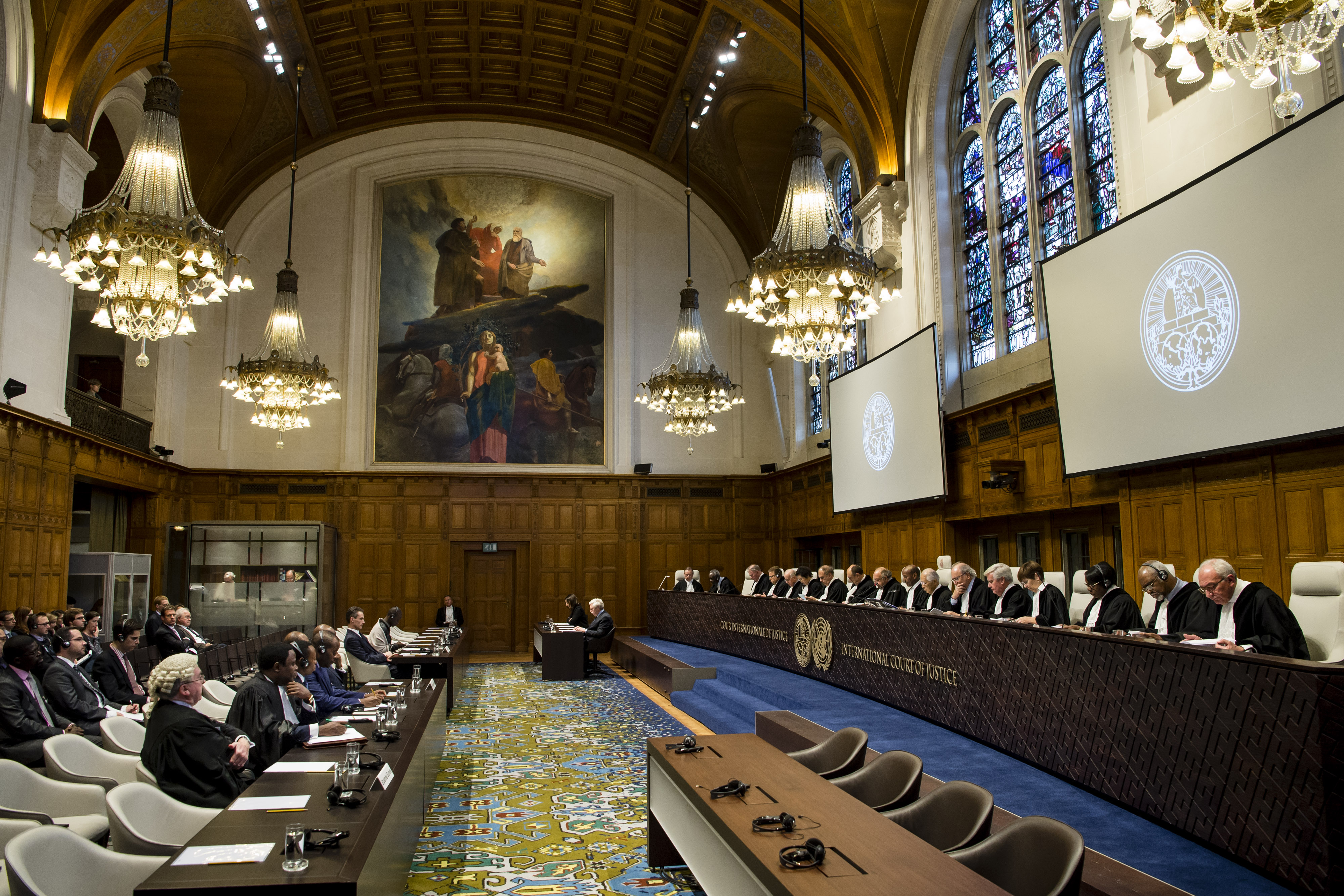What If Anything Does UBL’s Death Mean for the AUMF?
Watching CNN last night, I was astounded to hear Peter Bergen assert that the death of UBL means the end of the war on terrorism (anyone have this on video?). That is an extraordinary overstatement, as Daniel Byman explains here (see also Bruce Hoffman here). But as Tom Ricks predicts in more reasonable terms, this d
Published by The Lawfare Institute
in Cooperation With

Watching CNN last night, I was astounded to hear Peter Bergen assert that the death of UBL means the end of the war on terrorism (anyone have this on video?). That is an extraordinary overstatement, as Daniel Byman explains here (see also Bruce Hoffman here). But as Tom Ricks predicts in more reasonable terms, this development nonetheless might:
up the pressure on the Obama Administration to end its involvement in Afghanistan. Not just politicians but the man on the street is likely to say, Hey, we got him, mission accomplished, let's go home.Time will tell if Tom is right about the domestic politics (and by extension the diplomatic politics, as I can imagine the Pakistani government, among others, likewise developing this theme). But this is a blog on the legal aspects of national security, so let me restate Bergen’s claim in terms of an issue we’ve raised on this blog from time to time: Does the killing of UBL in some sense terminate the authority conferred by the 9/18/01 AUMF? Definitely not. To be sure, UBL was within the scope of the AUMF. But I don’t see a plausible reading of that statute conditioning the authority it confers in terms of UBL himself. Al Qaeda itself remains an object of the AUMF, and al Qaeda itself continues to exist and it continues to pose a serious threat, however substantial the blow to it UBL’s death may be. That said, it is possible that UBL’s death will result in further separation between al Qaeda senior leadership (AQSL) and al Qaeda affiliates such as AQAP (in Yemen), exacerbating the difficulty of determining whether the AUMF can be applied to the latter. And the more difficult it becomes to link AQ “franchises” to the AUMF, the more need there will be to invoke Article II self-defense authorities in the event of military action against them.
Robert (Bobby) Chesney is the Dean of the University of Texas School of Law, where he also holds the James A. Baker III Chair in the Rule of Law and World Affairs at UT. He is known internationally for his scholarship relating both to cybersecurity and national security. He is a co-founder of Lawfare, the nation’s leading online source for analysis of national security legal issues, and he co-hosts the popular show The National Security Law Podcast.



.png?sfvrsn=35857ae0_5)
.jpg?sfvrsn=f5d2b52b_5)
